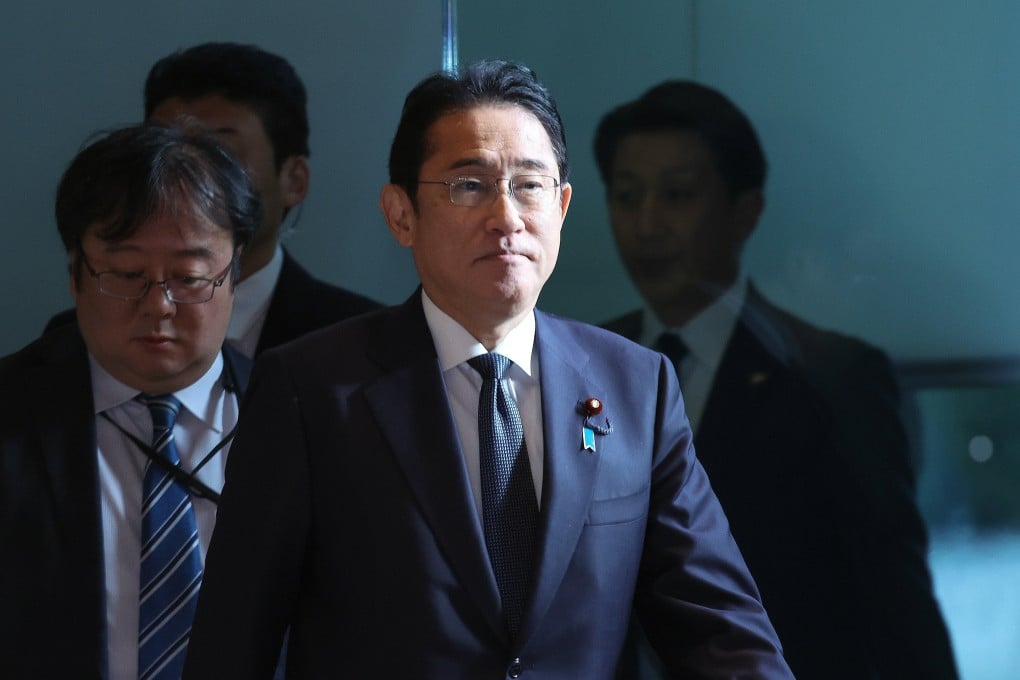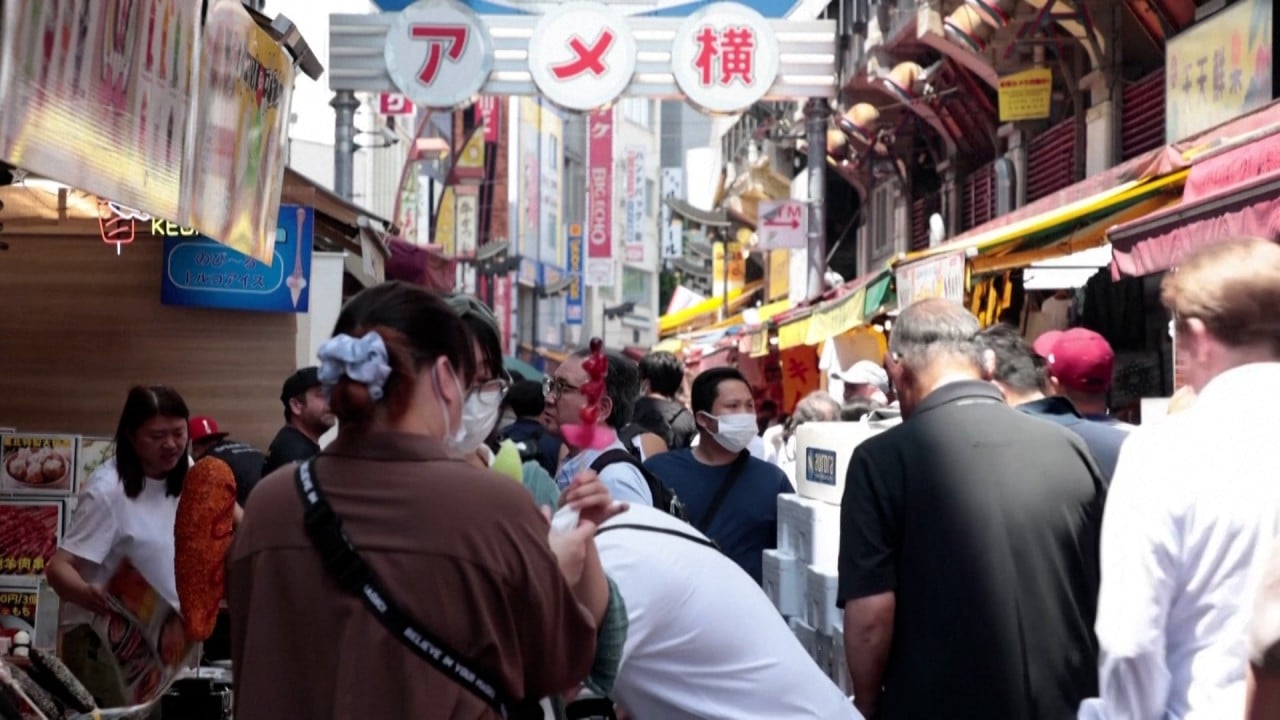Advertisement
Opinion | Japan won’t be swaggering on the world stage any time soon
- While Fumio Kishida’s approval rating has dipped dangerously, the lack of a capable opposition means he is unlikely to lose his premiership
- However, expectations for his time in office are low as a looming recession, inflation and absence of needed reforms are sapping what little political capital he has
Reading Time:4 minutes
Why you can trust SCMP
2

Japan’s political establishment is seeing a bull market in déjà vu as pundits speculate on whether Prime Minister Fumio Kishida’s days are numbered. With approval ratings as low as 21 per cent, Kishida makes US President Joe Biden seem almost beloved by voters.
That is well below the 30 per cent threshold that tends to represent the danger zone for Japanese governments. Seven of the last nine governments have lasted roughly one year. So will Kishida be shown the door in short order? Not necessarily.
Despite his extreme unpopularity after 26 months in office, Kishida benefits from opposition parties in disarray. This, by default, gives his Liberal Democratic Party (LDP) a firm hold on power. But Kishida has an increasingly weak hand for tackling the troubles facing Asia’s second-biggest economy.
The most immediate threat is another recession. The 2.1 per cent contraction in the July-September period year on year comes as China’s economy slows and elevated US bond yields send headwinds Japan’s way. In other words, further shrinkage in the October-December quarter seems likely.
This explains why Japanese voters are in a dark mood as 2024 approaches. Even worse than a recession, Kishida confronts the risk of stagflation as consumer prices rise faster than gross domestic product or wages.
This might sound better than the deflation of the last 20-plus years. For some economists, the fact that inflation is now above Tokyo’s 2 per cent target is a victory of sorts. The trouble is that it’s “bad” inflation. It’s being imported thanks to high energy and food prices via a weak exchange rate.
Advertisement

